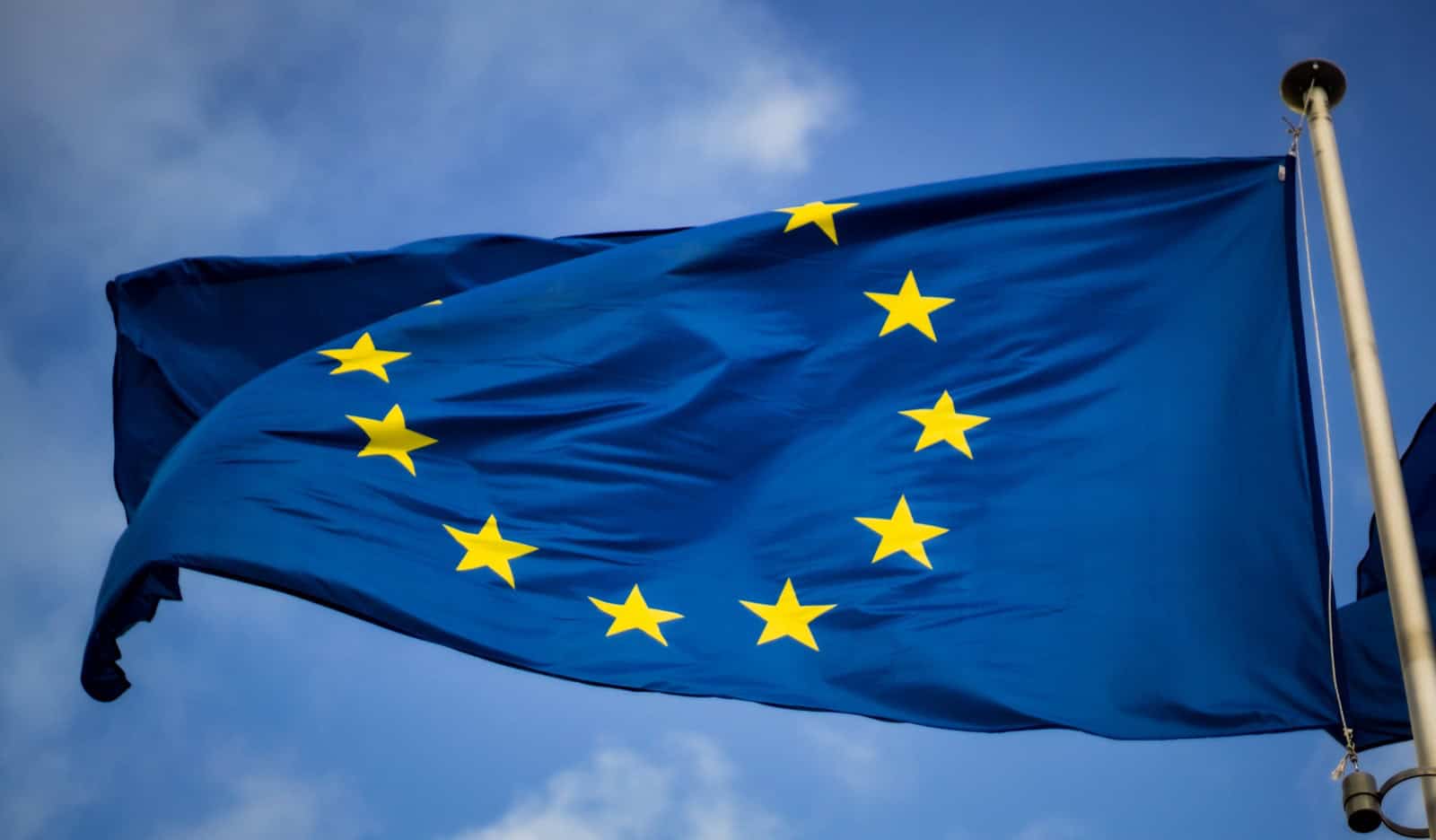
Photo by Christian Lue on unsplash
European Union Prepares Tariffs on Chinese Electric Vehicles
June 11, 2024
The European Union is poised to take significant action against Chinese electric vehicle (EV) imports, a move that could reshape the competitive landscape for electric cars in Europe. The EU is expected to impose tariffs on Chinese-made EVs, addressing concerns that these vehicles are being sold at artificially low prices, which threatens the viability of European manufacturers.
China’s automotive sector has surged as part of the “Made in China 2025” initiative, a strategic plan launched by the Chinese government to dominate key high-tech industries, including electric vehicles and battery technology.
In response, European policymakers have voiced concerns about the potential impact on their domestic car industries. They argue that Chinese manufacturers benefit from substantial government subsidies, enabling them to offer lower prices that European companies struggle to match. A report by Swiss bank UBS highlights that Chinese firms can produce EVs at approximately 25% lower costs than their global competitors, creating an uneven playing field.
Chinese manufacturers, such as BYD, are able to produce cars at significantly lower costs compared to their European and American counterparts. For instance, the BYD Seagull, a compact and affordable electric vehicle, sells for just 69,800 yuan ($9,600) in China. Even with adjustments for European safety standards, its price in Europe would remain highly competitive.
To counter this, the EU is expected to raise duties on Chinese EV imports from the standard 10% for third-country imports to between 20% and 25%. This move aims to level the competitive landscape, preventing Chinese manufacturers from flooding the market with low-cost vehicles. However, these tariffs could also have unintended consequences, affecting European carmakers that produce vehicles in China for export back to Europe, such as BMW and Tesla.
European carmakers are cautiously supportive but wary of potential retaliatory measures from China, which could affect their exports to the Chinese market. Executives from companies like Volkswagen and BMW have expressed concerns that such trade battles could harm the global automotive industry.
Support for the EU’s tariff plan is primarily coming from France, although there is debate within the industry about its effectiveness. Some leaders, like Stellantis CEO Carlos Tavares, have warned that protectionism could lead to significant social and economic consequences. Others, like Renault’s Luca de Meo, advocate for a robust European industrial policy to bolster competitiveness.
As the U.K. watches from the sidelines, its trade authority has indicated readiness to investigate Chinese EV imports if prompted by government or industry leaders. For now, the focus remains on Europe, where higher tariffs might buy time for manufacturers to adapt but will not suffice to secure long-term competitiveness in the global EV market. The industry recognizes that significant innovation and strategic industrial policies are essential for Europe to maintain its position in the evolving automotive sector.
The U.S. has already taken more drastic measures, raising tariffs on Chinese battery-powered cars to 100%, effectively blocking these imports. This move, part of a broader strategy to protect domestic industries, has been criticized by China as blatant protectionism.
Recent News
Costco Rotisserie Chicken Packaging Faces Backlash
Costco Rotisserie Chicken packaging has stirred up a storm among loyal customers, who are not pleased with the change from plastic clamshell containers to plastic food service bags. This environmentally motivated move, aimed at reducing plastic waste, began rolling out across the United States in March 2024, as reported by Consumer Reports.
Kate Spade New York and Heinz Collaborate
Kate Spade New York has dipped into a new and flavorful collaboration, teaming up with Heinz to launch a limited-edition capsule collection that celebrates the iconic ketchup brand. This unique partnership blends the chic style of Kate Spade New York with the vibrant spirit of Heinz, offering a range of fashion and accessories infused with Heinz’s signature red and classic branding.
California Restaurants Can Still Charge Service Fees
California Governor Gavin Newsom signed Senate Bill 1524 into law, allowing California restaurants and bars to continue charging service fees, health surcharges, and other similar costs, provided they are clearly disclosed to customers. This emergency measure, which swiftly passed through the state Assembly and Senate, comes just in time to exempt these establishments from the provisions of Senate Bill 478, set to outlaw such fees starting July 1.
Save Mart Acquired by Jim Pattison Group, Retains Current Management
The Jim Pattison Group, a prominent Canadian conglomerate with extensive business operations in Canada and the U.S., has expanded its reach by acquiring Save Mart Companies from private equity firm Kingswood Capital Management, which had owned the retailer since 2022.
